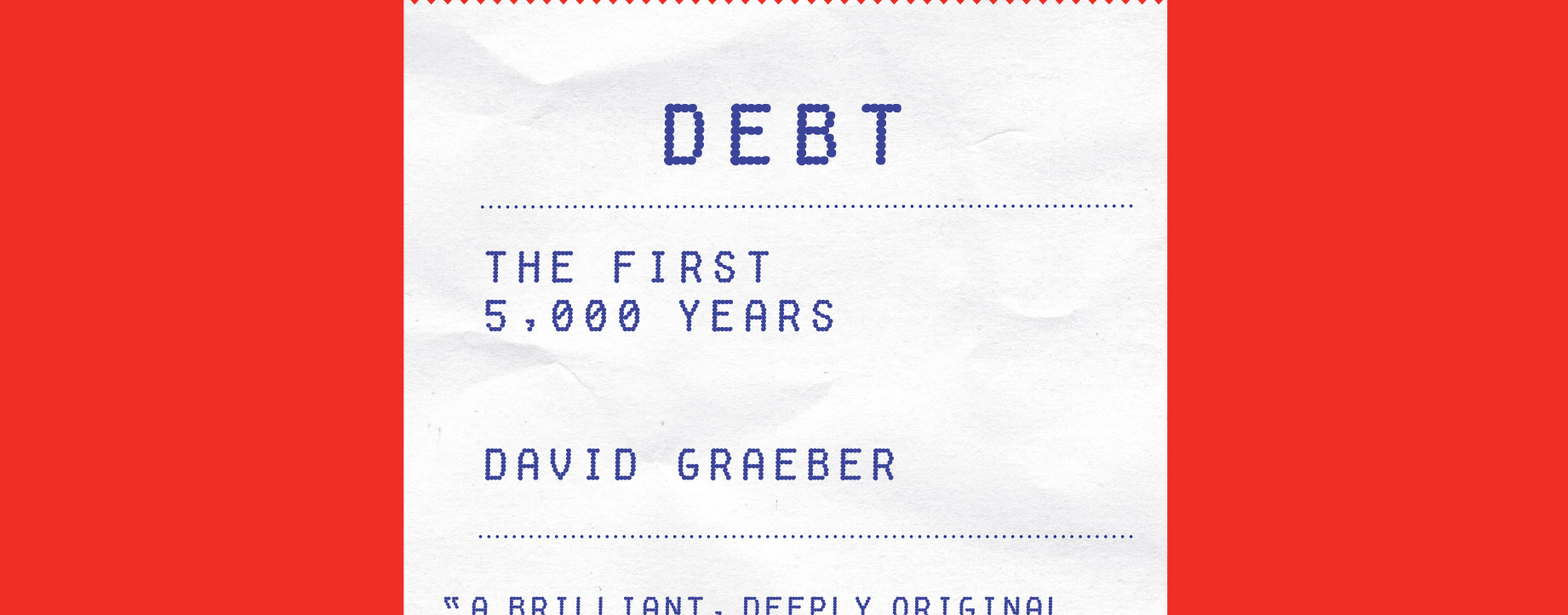

… all these misconceptions … tend to reduce all human relations to exchange … the very principle of exchange emerged largely as an effect of violence … the real origins of money are to be found in crime and recompense, war and slavery, honor, debt, and redemption. … the book begins by attempting to puncture a series of myths-not only the Myth of Barter … but also rival myths about primordial debts to the gods, or to the state … Historical reality reveals have always been intertwined. It began with the creation of global institutions like the IMF designed to protect not debtors, but creditors.

The new age of credit money we are in seems to have started precisely backwards. … ages of virtual credit money almost invariably involve the creation of institutions designed to prevent everything going haywire-to stop the lenders from teaming up with bureaucrats and politicians to squeeze everybody dry … by the creation of institutions designed to protect debtors. … historically, credit money comes first …The United States was one of the last countries in the world to adopt a law of bankruptcy: despite the fact that in 1787, the Constitution specifically charged the new government with creating one, all attempts were rejected, or quickly reversed, on “moral grounds” until 1898. … the threat of violence, turns human relations into mathematics. … the violence and the quantification-are intimately linked.

… money’s capacity to turn morality into a matter of impersonal arithmetic-and by doing so, to justify things that would otherwise seem outrageous or obscene. … to become simple, cold, and impersonal … transferable. … the central question of this book: What, precisely, does it man to say that our sense of morality and justice is reduced to the language of a business deal? What does it mean when we reduce moral obligations to debts? … debt, unlike any other form of obligation, can be precisely quantified. After 60 pages, 340 more seemed too much.

Graeber’s book contains many interesting historical observations but lacks a concise argument to convince a brainwashed neoclassical economist looking for coherent arguments on money and debt.


 0 kommentar(er)
0 kommentar(er)
